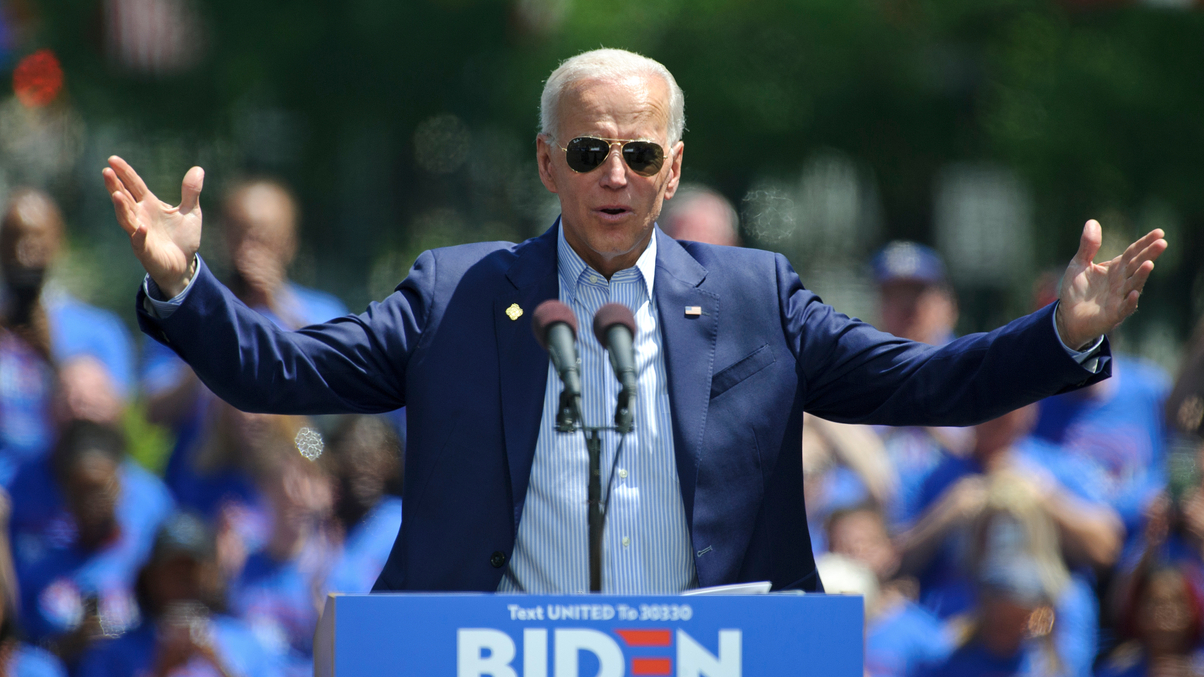Market Views: How would a Biden win affect equities?
Should Joe Biden defeat Donald Trump in November to become the next US president, what will be the impact on US and Asian stocks? Six investment experts share their insights.

The global political and investment climate has undergone a huge shift since Donald Trump became US president four years ago.
Sign in to read on!
Registered users get 2 free articles in 30 days.
Subscribers have full unlimited access to AsianInvestor
Not signed up? New users get 2 free articles per month, plus a 7-day unlimited free trial.
¬ Haymarket Media Limited. All rights reserved.


